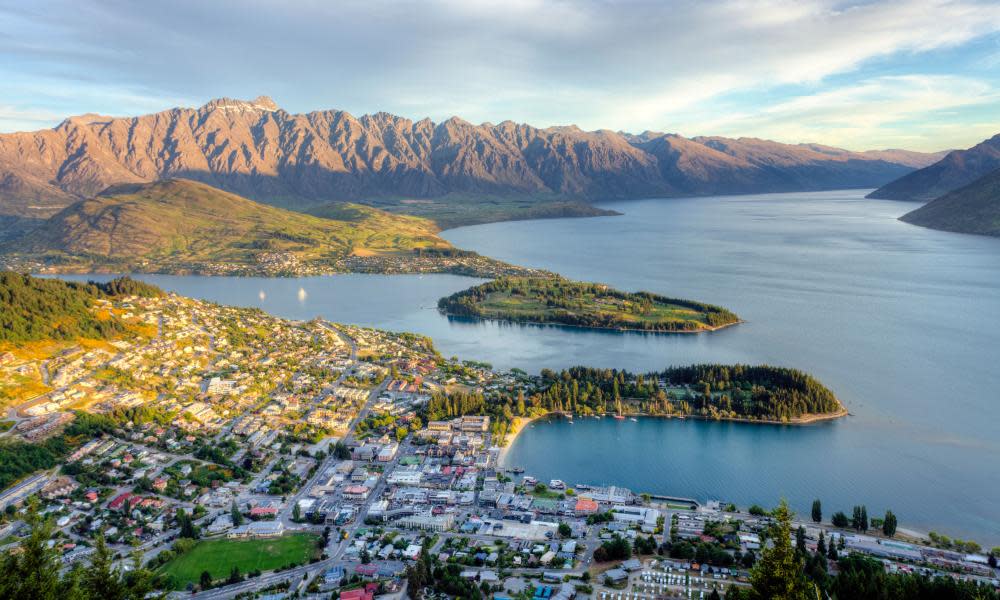New Zealand economy faces 'serious impact' from coronavirus outbreak

The coronavirus outbreak will have a serious impact on New Zealand’s economy in the short term, the finance minister has said, and the government may need to step in if the economic situation deteriorates.
Grant Robertson said if the virus becomes a global pandemic that leads to aworldwide downturn or recession, it may be necessary to consider immediate fiscal stimulus to support the economy.
Related: Coronavirus: companies count the cost amid threat to Europe's car production
“We go into this situation with the economy in good shape. We are in a strong position to stand up to the economic and health impacts of coronavirus,” Robertson said in a speech in Auckland on Thursday.
“This will have a serious impact on the New Zealand economy in the short term.”
Robertson said in the short term the tourism industry would be greatly impacted by reduced tourism from China, as would other service industries, as well as the logging industry and food exports.
“We also know that the supply chain disruption in China is having some effects here in New Zealand, where domestic companies rely on imports from China that are not moving at this time,” Robertson said.
“Current analysis of the economic impacts of coronavirus from various forecasters has focussed on a scenario where the virus is contained and there is a short, sharp impact on the global economy in the first half of 2020, before activity returns to normal levels.”
Related: Six Nations to Stormzy: which events could be cancelled by coronavirus?
Chinese tourists spend around $180m per month in the peak travel period of January through to April, Robertson said, and the tourism industry had been granted NZ$11m relief package to attract new travellers from Australia and the US.
China is also New Zealand’s top trading partner, accounting for 27% of its total exports last month. On an annual basis, 28% of New Zealand’s total exports were to China.
New Zealand’s exports have taken a major hit since the epidemic, with everything from timber to meat and fruit facing delays and cancellations.
Pessimism among New Zealand businesses grew in January as the outbreak caused widespread alarm about the economic outlook, an ANZ Bank survey showed.
“Our best hope is that the disruption proves short-lived, but there’s no question the export-oriented economy is reeling,” ANZ chief economist, Sharon Zollner, said in a note on Thursday.
Robertson, however, said New Zealand’s economy is in a strong position to respond to the coronavirus.
“We are well prepared to respond to a range of scenarios that could play out,” he said.
So far no cases of the virus have been detected in New Zealand, though hundreds of people evacuated from Wuhan and more from the Diamond Princess cruise ship were put into two weeks of quarantine at an air base north of Auckland.
A ban on any travellers arriving from mainland China has also been in place since mid February.
Universities are lobbying the government to allow Chinese students into the country to resume their tertiary studies, with the sector saying it stands to lose tens of millions of dollars if the travel ban continues into the first semester, disrupting studies.
The prime minister, Jacinda Ardern, said on Monday that the government was considering granting an exemption to Chinese university students, and were in talks with the sector about how they would safely quarantine arriving students.
Ardern said the government’s health bodies were in the advanced stages of planning for the virus’s arrival in New Zealand, which the PM and health bodies agree is highly likely at some point.
She said there were nine million P2 masks, and general purpose surgical masks available, and since early February the government had received reports of more than 5,000 people self-isolating themselves after returning from, or near, mainland China.


